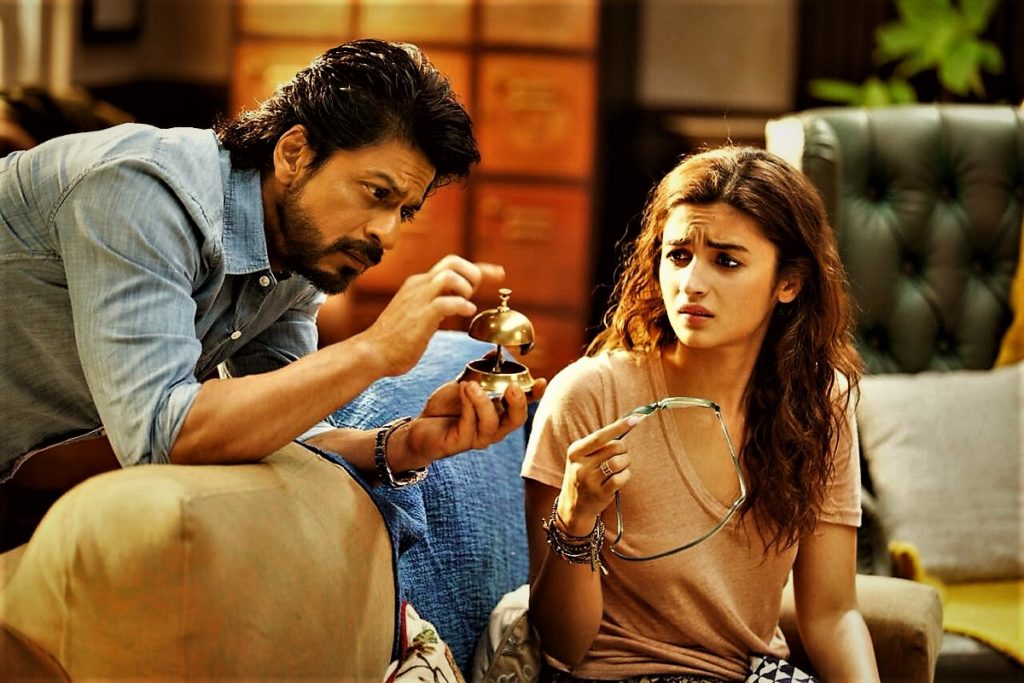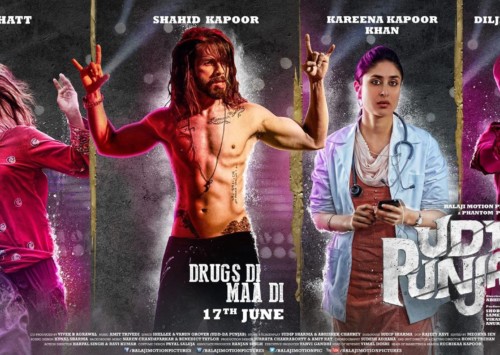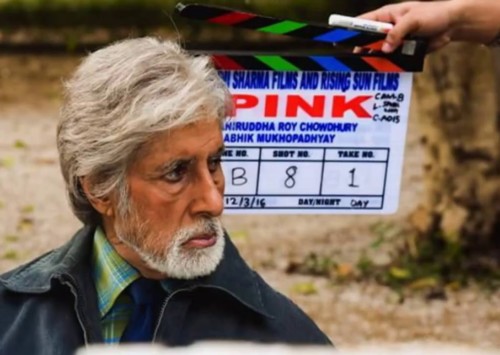Dear Zindagi addresses the conflicts in a modern Indian woman
Looking at life from an unapologetic perspective, Dear Zindagi offers a much-needed psychoanalysis of modern idiosyncrasies and emotional turmoil in an urbane yet effortless scheme of things.
Let’s not categorise this film as good, bad or average, and rather call it eventual as the director and writer Gauri Shinde takes the audience on a ride to explain the contemporary emotional backlashes faced by the youth in India, especially women. The English title of the film is ‘Dear Life’ and it delves deep in the psyche of an anarchic society and addresses the most familiar adolescence breakdown causes (ABCs) with care. A single girl finding an apartment on rent in Mumbai, issues related to sexuality, balancing professional and personal life, imperfections in parents and their relationships – the film’s candid disposition deals with each of them with great poise.
Film criticism is still at a nascent stage, at least in the mainstream media, and it will take more time and meticulous understanding of the art before critical appreciations of a film is acceptable. Indian film business talks more about the extremes of box office or festival accolades and seldom does it take a route in between to explain a film’s aesthetics as well as societal values. However, Dear Zindagi urges a reviewer as well as an informed audience to take things more seriously.
The film featuring Shah Rukh Khan and Alia Bhatt could be the last information in a review that looks into the real crisis of the protagonist and the solutions provided in the form of behavioural therapies. However, when Kaira (Alia Bhatt) meets Jehangir Khan aka Jugs (Shah Rukh Khan), the story showcases the otherwise effortless solutions that each one of us can seek to remain unconditionally contented. Khan in the film was effortless and as a philosopher and the breezy way he dropped the heavy words of Faulkner or Einstein added the much required grace in the film.
Recycling purpose to women perspectives
Indian films over the last few decades have been overtly based on male protagonists apart from a very few instances. However, the last couple of years have seen a change in trend in Bollywood. The director of Dear Zindagi, with her earlier film English Vinglish, have depicted a different side of women in India and to add to her contribution, this film does make a valid point as well. By the end of the film when Jugs and Kaira have already sorted out the means to tackle an otherwise confusing life, the film draws the viewer to an ending not perceived very frequently. Kaira’s ultimate triumph comes not in marriage or a stable relationship but in an independent short film she wanted to make for a long time.
Not many would resolve a story in the way Shinde as a director or a storyteller has done. She deliberately takes the rein of the film from one of the most celebrated actors in India (Shah Rukh Khan) and juggles it with her protagonist, played by Alia Bhatt, expressing the juxtaposition of good life and happy life. Metaphors such as shopping for chairs to find the most comfortable ones or anecdotes by Jugs that resembled modern fables outlined the underpinning of the film.
@gauris If one says no to pain one says no to life! #DearZindagi gives the viewer the courage to embrace life.It’s brave & brilliant.
— Mahesh Bhatt (@MaheshNBhatt) November 25, 2016
In one of the sessions between Jugs and Kaira, the psychological therapist describes one of the most fundamental crisis logs of youngsters – ‘special relationships’. You can enjoy music with one of your buddy and football with someone else, you can discuss your finance with a different guy and science with maybe someone else – they all are special for special reasons. So, why do we put the pressure of so many special relationships on one and end up making a mess of it? By the end of the film a keen watcher would know how to recycle their jokes and may be learn the soft skills to deal with unwanted anxieties.They know that its OK not to be OK at times…
This is not a customary review of Dear Zindagi; but it longs to look beyond the space of women in modern India from the perspective of Gauri Shinde, the deserving and the very scrupulous director.














